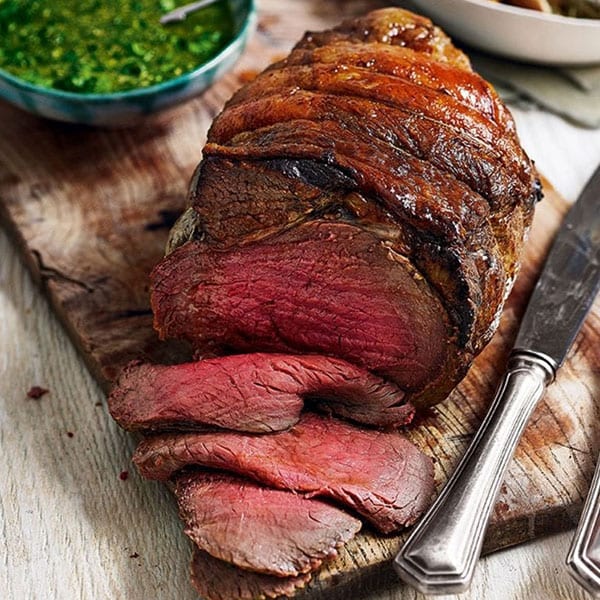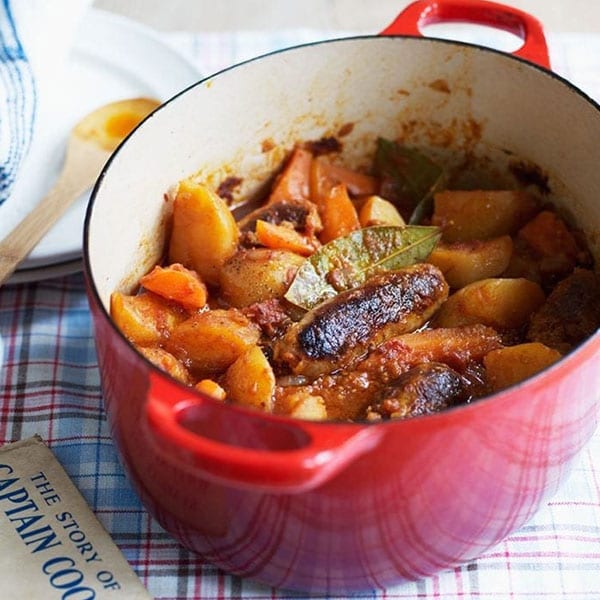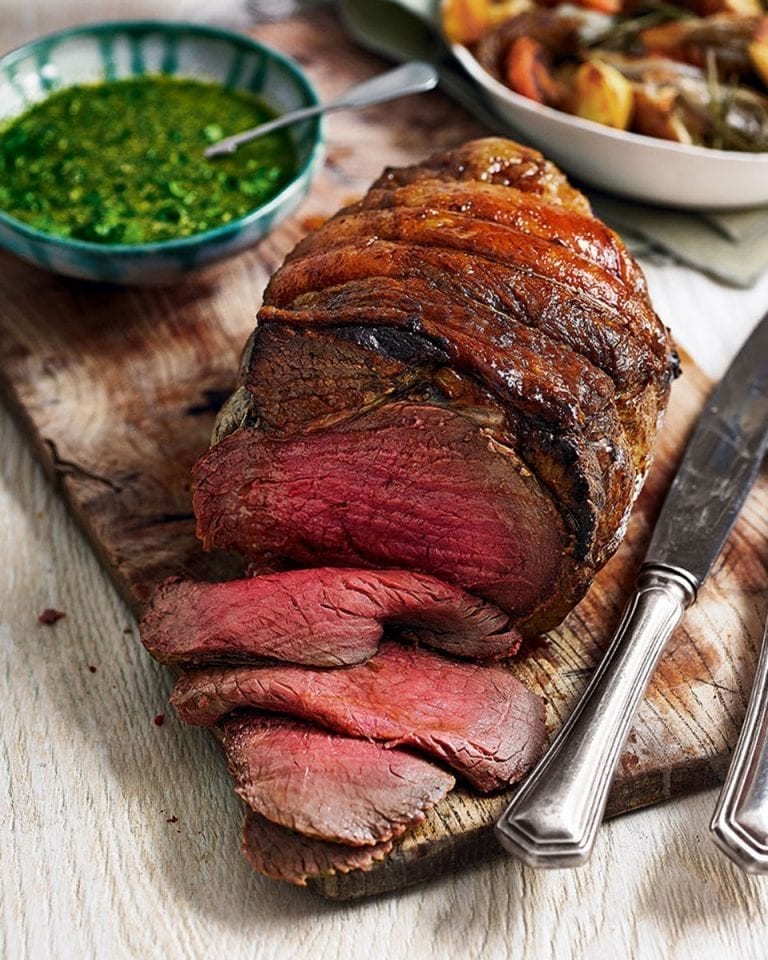Is it safe to eat processed meat?
Studies suggest that the chemicals added to processed meat, some sausages and certain kinds of ham can lead to cancer. Does this mean it’s time to shun salami and wave goodbye to bacon? Sue Quinn gets to the meat of the matter.

Not so long ago a bacon sandwich was simply a delicious snack. But recently this British favourite has lost some of its appeal. In 2015, the World Health Organization (WHO) classified processed meat, including bacon, as carcinogenic. Yet the controversial chemicals – nitrates and nitrites (also known as nitro-chemicals) – are still being added to many meat products.
The meat industry claims these are used to extend the shelf life of processed meat, protect it from disease-causing bacteria (particularly those that cause botulism) and ensure it retains the pink colour that consumers find so appealing.

Scientists, doctors, nutritionists and politicians have formed a coalition to pressure the meat industry to stop or limit the use of these chemicals in processed meat. But government guidelines continue to state that eating 70g or less of ‘red or processed meat’ each day is safe. So how do consumers know how much processed meat they can safely consume? And what exactly is the definition of ‘processed meat’?
The risks
The WHO’s International Agency for Research on Cancer report classified processed meat as a Group 1 carcinogen, the same category as tobacco. This was widely and wrongly reported in the media to mean that eating processed meat was equally as dangerous as smoking.
It’s not: the classification means there is similarly convincing evidence that tobacco and processed meats can cause cancer, not the same risk. But the report was sobering – it said every 50g of processed meat eaten daily (less than two bacon rashers) increases the risk of colorectal cancer by 18 per cent and causes an extra 34,000 cancer deaths worldwide per year.
The reasons for the cancer risk are not fully understood, the report said, but may be linked to the use of nitro-chemicals. The report also did not recommend banning nitro-chemicals in meat products, and the European Food Safety Authority, which recently investigated the issue, confirmed there was insufficient evidence to do so. Meanwhile, critics of the WHO report say it was based on unreliable observational studies that showed an association between processed meat and cancer, not proof that one caused the other. They argue that eating lots of processed meat might be a marker of an unhealthy person, not that processed meat made them unhealthy.
Hold the bacon?
Chris Elliott, Professor of Food Safety and Director of the Institute for Global Food Security at Queen’s University Belfast, heads the anti-nitrates coalition. He says it’s not the nitrates and nitrites on their own that cause cancer – these chemicals are also found in vegetables such as celery and spinach.

But during cooking and digestion they interact with compounds found in meat called amines to form cancer-causing nitrosamines (NOS). “These are the compounds that have the links to cancers, particularly colorectal cancer,” Professor Elliott says.
Although the evidence is “complex and contradictory in some cases”, Professor Elliott believes the case against nitro-chemicals in processed meat is compelling. “Having reviewed as much of the information as I can, I decided the risks are real – but in no way as serious as issues such as smoking, as has been suggested,” he says. “However, I do think removing the use of nitrates in pork processing will not only improve the health of many but also save lives.” He adds that he and his family avoid eating bacon and ham made with nitro-chemicals.
Are nitrates necessary?
The British Meat Processors Association (BMPA) has long said that nitro-chemicals are necessary to inhibit the growth of dangerous microbes. However, a study commissioned by the BMPA, the results of which were leaked to the media earlier this year, found nitro-chemicals did not protect against botulism as claimed.
And, according to Steven Lamb, a curing expert at Leiths School of Food and Wine and River Cottage, it’s possible to make bacon and ham that’s safe to eat without using nitro-chemicals. “You can get by without using nitrates and nitrites. Good-quality salt applied at a rate of 3 per cent of the meat’s total weight, good food hygiene and ample maturing time, plus high-welfare meat, counteract any issues with bad bacteria.”

The problem is, most industrially processed bacon and ham isn’t made this way. Instead, most manufacturers ‘cure’ the meat by injecting it with water, salt, sugar and chemicals, without any ageing. Processing methods would have to change radically if meat processors stopped using nitro-chemicals.
A small number of companies do make bacon without nitro-chemicals. The Finnebrogue Naked range is available at most supermarkets, while Coombe Farm Organic sells smoked and unsmoked versions online.
What is ‘processed meat’?
Confusingly, the WHO report defines processed meat as having been ‘transformed through salting, curing, fermentation, smoking or other processes to enhance flavour or improve preservation’. It says examples include ‘hot dogs, ham, sausages, corned beef, and biltong or beef jerky, as well as canned meat and meat-based preparations and sauces’.

This list is misleading and confusing. According to Professor Elliott, almost all sausages made in the UK from fresh ground meat – the kind we throw on the barbecue – don’t contain nitro-chemicals. Neither does PDO parma ham: Italian producers stopped adding them decades ago. However, many – but not all – types of cured and dried meats, such as salami, ham and chorizo, do contain these chemicals. So how do you know? You need to scrutinise the labels or ask the retailer to be certain.
The WHO and the Food and Agriculture Organization of the United Nations are currently reviewing nitro-chemicals and the associated risks. Once they report, the UK’s Food Standards Agency will consider whether current policy needs to be revised. Meanwhile, meat processors say they are working on new techniques but any reduction in the use of nitro-chemicals has to be “balanced against food safety issues and minimising waste”.
The bottom line
Scientific opinion is divided about the use of nitro-chemicals in processed meat and the degree to which it is harmful. Official health advice states that consuming 70g or less of red and processed meat (combined) a day is safe. If you’re concerned, seek out meat products made without nitrates and read the ingredients list carefully.
Subscribe to our magazine
Food stories, skills and tested recipes, straight to your door... Enjoy 5 issues for just £5 with our special introductory offer.
Subscribe
Unleash your inner chef
Looking for inspiration? Receive the latest recipes with our newsletter



